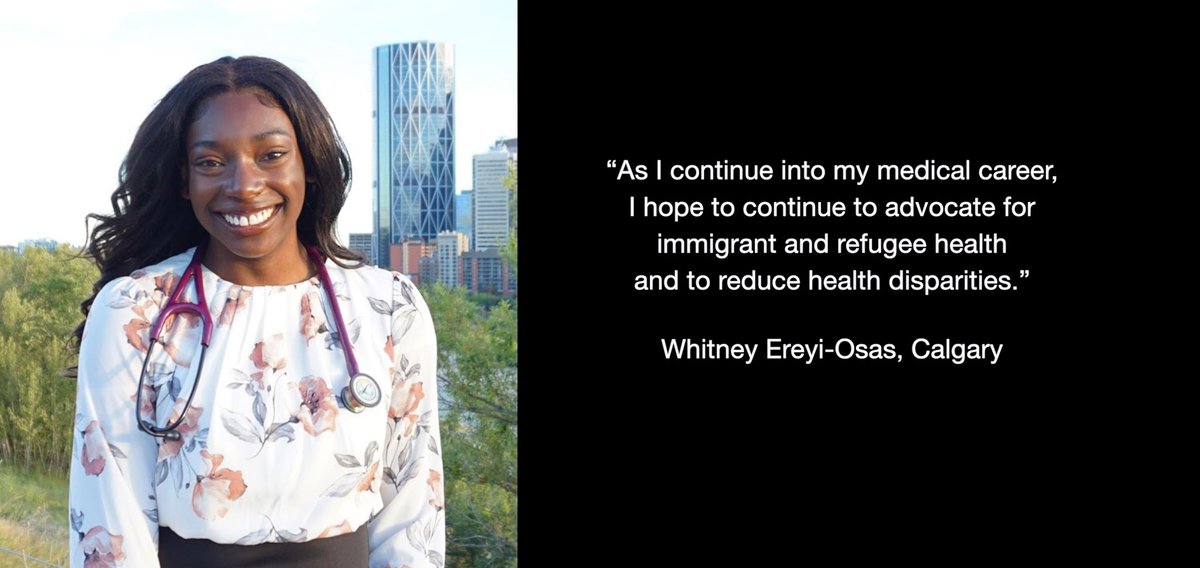While I’m only beginning my medical career, my work with grassroots communities to help reduce health disparities began long before my entrance into medical school. Throughout my undergrad degree, I spent my time working alongside faculty and students at the University of Calgary’s Cumming School of Medicine (CSM) to develop and run Refugee and Immigrant Self-Empowerment (RISE) for Health & Wellness. The RISE program is a more than a summer program. It’s an initiative created by CSM’s Immigrant and Refugee Health Interest Group to engage immigrant and refugee youth and develop a powerful relationship between the CSM and grassroots communities to encourage knowledge translation, dissemination and mobilization.
The summer component of the program focuses on developing health and wellness literacy skills in youth and providing the mentorship and leadership skills needed for success. Youth are invited to workshop sessions where they are connected to various health professionals within the U of C CSM community and engaged through activities on various topics such as the social determinants of health, academic research and others. Students are also provided with the opportunity to apply what they’ve learned in an end-of-summer symposium. They research a community health issue, use what they’ve learned about solutions to these issues, and share what they’ve learned with their communities. They take on the role of “mini health champions” and realize their potential to enact change.

Despite the importance of the summer activity, my work with RISE spans far past each summer. In addition to working with youth during the program, we also work alongside youth to create the program. This occurs outside of the summer months, when we invite past youth participants to be part of our team and develop the program for the next summer. This involves analyzing feedback received from the past summer’s session and conducting focus groups with youth from local immigrant and refugee communities to determine their wellness needs and goals. From there, we work alongside youth on our team and with CSM faculty and students to develop the next summer’s program in a way that is tailored directly towards local youth. By actively seeking and incorporating feedback from youth and working directly with them, the program shifts from community engaged to community based.
Immigrant and refugee health has always been a passion of mine. As a second-generation Nigerian immigrant, I’ve spent my life learning how to navigate this country for myself and for my family. As I continue into my medical career, I hope to continue to advocate for immigrant and refugee health and to reduce health disparities by working with grassroots communities and helping foster the necessary partnerships between institutions and communities to improve health and stewardship for all.
Banner image credit: Tumisu, Pixabay.com

